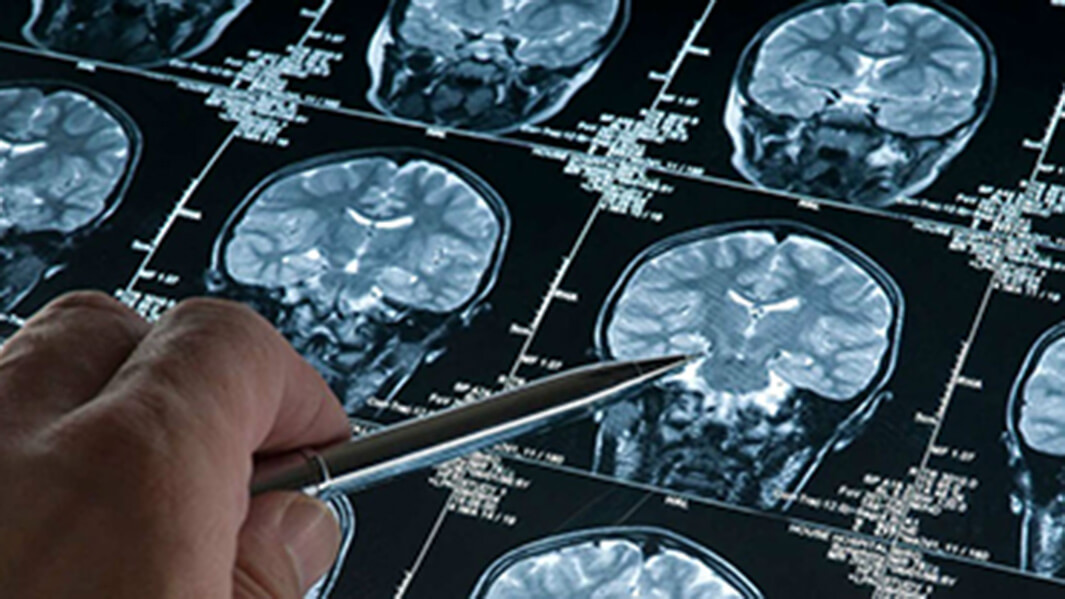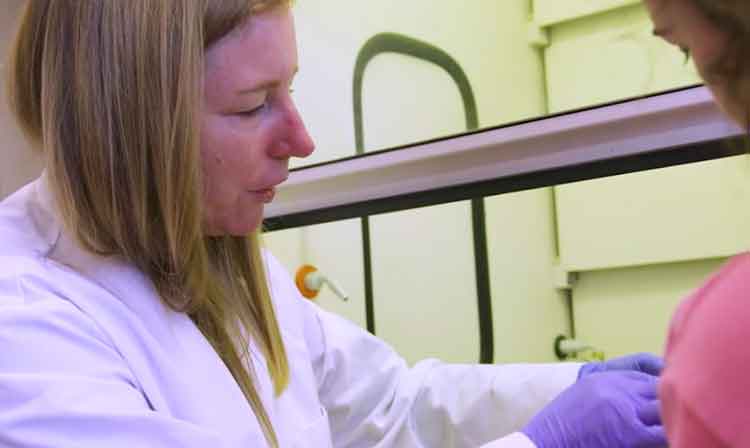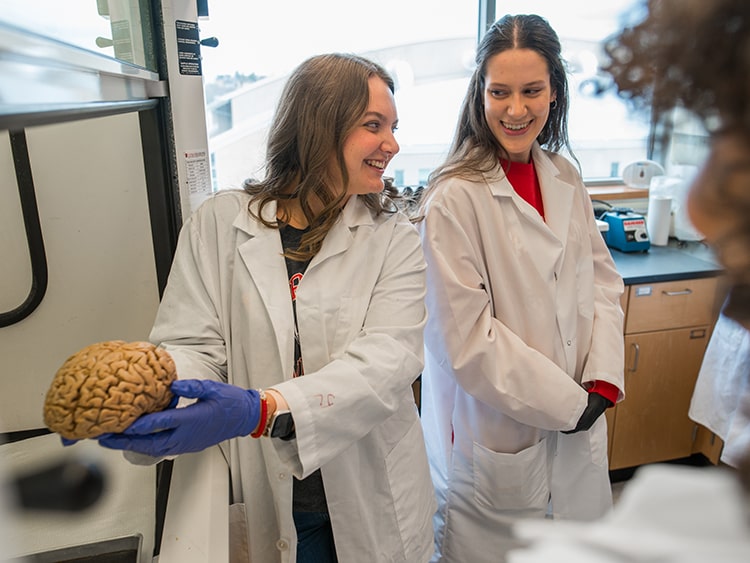Behavioral Neuroscience
Degree
Bachelor of Science, Major, Minor
School/College
John Charles Meditz College of Arts & Sciences
Behavioral neuroscience is the study of biological mechanisms underlying human and animal behavior. The field sits at the intersection of psychology and biology and addresses topics from the cellular/molecular level to the biological underpinnings of all aspects of behavior and psychological disorders.
Find Out More
Course Requirements
Behavioral Neuroscience Major
63 credits
Behavioral Neuroscience Minor
15 credits
Contact Us
Undergraduate Admission
admis@fairfield.edu
(203) 254-4100


